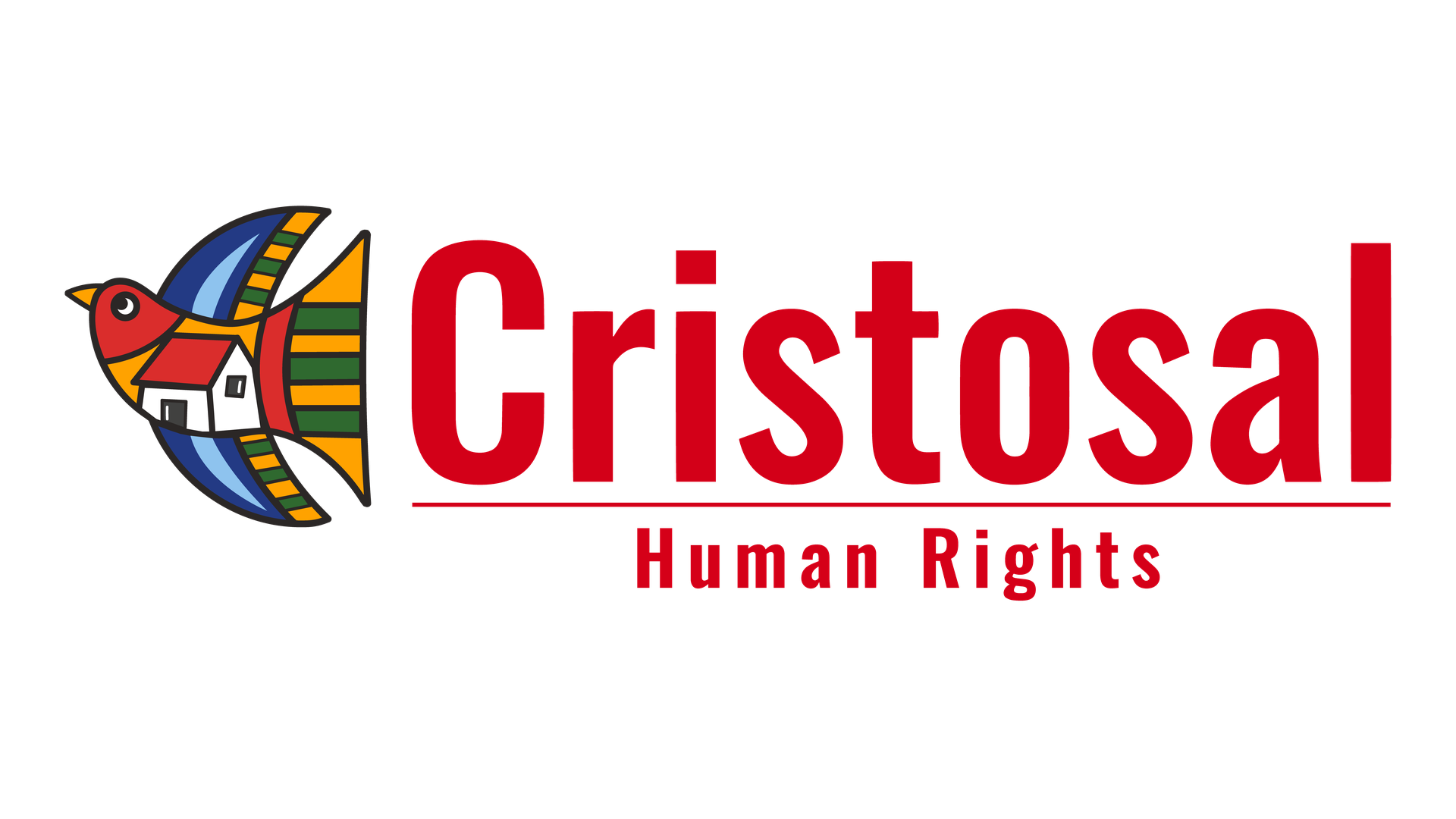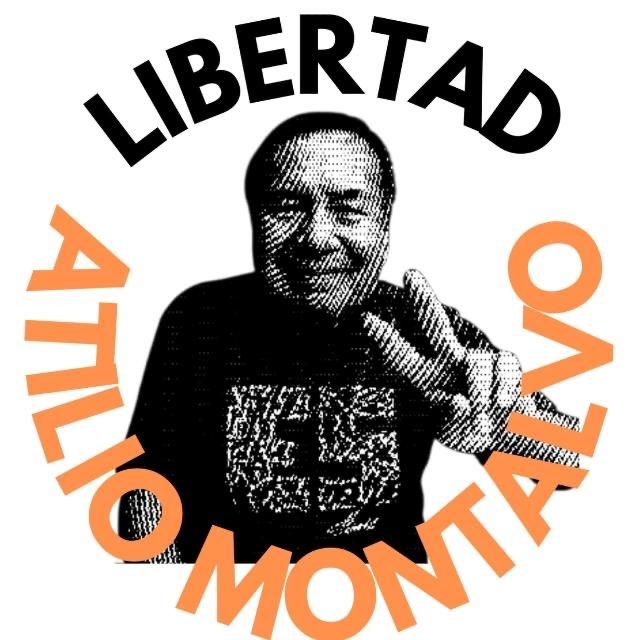When Julio González Jr., who had agreed to be deported to Venezuela (but was instead sent to El Salvador), refused to get off the plane in San Salvador, he, along with two other shackled men, were yanked by their feet, beaten and shoved off board as the plane’s crew began to cry. Dozens of migrants were forced onto a bus and driven to a massive gray complex. They were ordered to kneel there with their foreheads pressed against the ground as guards pointed guns directly at them.
Julio González and the two others were able to return to their family’s homes in Venezuela this week, among the 252 Venezuelans released from CECOT in exchange for the release of 10 American citizens and permanent U.S. residents imprisoned in Venezuela.
Many of the former detainees, after 125 days denied contact with the outside world, began to share details of their treatment.
“I practically felt like an animal,” González said by telephone from his parents’ home. “The officials treated us like we were the most dangerous criminals on Earth. … They shaved our heads, they would insult us, they would take us around like dogs.”
The three men denied any gang affiliations. Neither the U.S. nor El Salvador has provided evidence that they are gang members.


